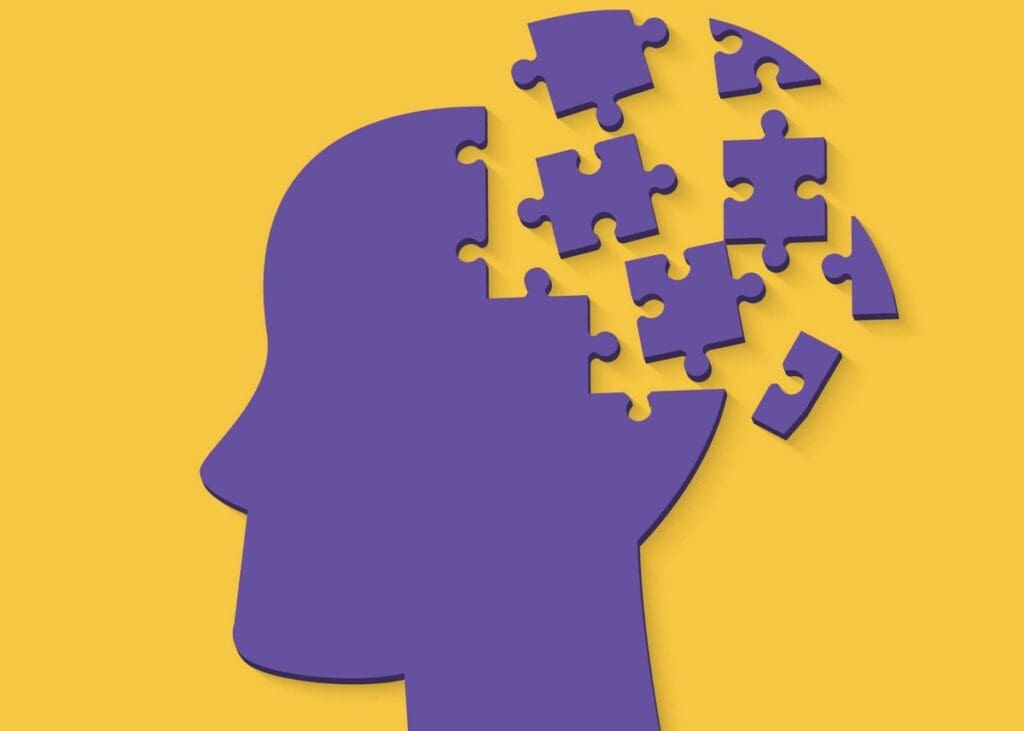Featured Products
-
Infused PEt CBD Oil
$45.00
CBD PRODUCTS

$45.00

Be Pain Free Global is a trusted natural medicine provider making a difference in people’s lives worldwide.
Our reviews and testimonies speak for themselves. We focus on providing the best medicine and customer care for our clients
Learn more about our support process, how you can contact us at BPFG, and how we are here to help you.
We have a 10-business day replacement policy, and we take all inquires very seriously. We are committed to quality products for you.
The Ultimate Cannabis And Health Education Platform Presented By Be Pain Free Global.
At BPFG, we work hard on collecting relevant videos for cannabis consumer education.
Just cannabis? No. We are all about consciousness, vision, proper nutrition, and holistic health.
We have compiled great resources to help understand the benefits of cannabis for your health.
Check out what’s smoking on our strains and terpenes list. Featuring best strains curated by our editor.
Indica's are known for their calming and sedating properties, usually leading to munchies, and sleep.
Sativa's are known for their ability to produce energetic feelings and creating a positive uplifting euphoria.
Hybrids are a very popular with cannabis consumers due to the initial uplift followed by relaxation.
Every case is different and requires individualized care. We have some great tips for doctor reccomendations.
Join our collective with a valid California medical recommendation to gain access today
Get the details on how our affiliate program works and how you can benefit by referring others
Become a Be Pain Free Affiliate and earn lifetime commissions for your referrals


For some, the frigid winter days become filled with snowballing challenges as aging loved ones are increasingly unfamiliar with their surroundings, apathetic and irritable. It can be heartbreaking and overwhelming to watch a healthy mind degenerate in small stages, which at first may even go unnoticed. Statistics show that there are more than 6 million patients coping with Alzheimer’s in the USA and globally more than 55 million are believed to be coping with the debilitating disease.
Alzheimer’s disease is an oxidative stress-related, neurodegenerative condition that develops with measured progression. What triggers the development can vary and may include a combination of factors, such as age-related brain dysfunction and genetics. Other considerations are environmental and lifestyle factors, such as cigarette smoking, exposure to pesticides and/or surface-level ozone. Ultimately, “long-term oxidative stress damages the body’s cells, proteins and DNA. This can contribute to aging and may play an important role in the development of a range of conditions.”
Studies indicate that the phytocannabinoid, cannabigerol (CBG) found in medical marijuana, “could be useful as a new approach in the care of oxidative stress-related disorders. CBG may effectively work as a free radical scavenger to enhance cellular antioxidant activity through the modulation of pathways…CBG exerts antioxidant activity comparable to that of vitamin E…and increases cellular antioxidant defense…”
“The healthy human brain contains tens of billions of neurons—specialized cells that process and transmit information via electrical and chemical signals. They send messages between different parts of the brain, and from the brain to the muscles and organs of the body. Alzheimer’s disease disrupts this communication among neurons, resulting in loss of function and cell death.” CBG exhibits a wide range of biological activities including anti-inflammatory, antibacterial, antifungal, regulation of the redox balance and neuro-modulatory effects. “Vascular problems may lead to reduced blood flow and oxygen to the brain, as well as a breakdown of the blood-brain barrier, which usually protects the brain from harmful agents while allowing in glucose and other necessary factors.” CBG expands blood vessels and protects the nervous system.
In addition to cannabis, one’s diet is also an important source of antioxidants. Life-enhancing foods rich in essential vitamins and minerals provide antioxidants that the body doesn’t produce on its own. Superfoods, such as pomegranates, celery juice and all types of berries help to combat Alzheimer’s, while wild blueberries top the list. A daily dose of cannabis in a berry smoothie could potentially do wonders, not just for Alzheimer’s patients, but for anyone. Cannabis tinctures contain live resin and offer the entourage effect, meaning that you can take small drops sublingually and get the benefits of all cannabinoids in the strain.
Patients with Alzheimer’s experience a variety of troubling conditions during the various stages of progression.
What are the Stages of Alzheimer’s Disease?
Medical marijuana comes in a variety of hybrid strains that offer more than just antioxidant support. While CBG is notably the “mother of all cannabinoids,” peer reviewed studies indicate that the combination of CBD and THC prove to be more beneficial than CBD or THC in suppressing the contributing factors of Alzheimer’s disease. Sativa forward strains often liven the mind and get creativity flowing, which may make these strains ideal during the early stages of Alzheimer’s. A cannabis flower, such as Purple Skunk has been noted to offer support for this disease.
“Several prescription drugs are approved by the U.S. Food and Drug Administration (FDA) for Alzheimer’s disease to help either manage the symptoms of or to treat the disease. Most FDA-approved drugs work best for people in the early or middle stages of Alzheimer’s. There are currently no known interventions that will cure Alzheimer’s.”
Each stage of the disease comes with varying levels of multiple symptoms. Most notable is absent-mindedness and trouble communicating. As the disease progresses, symptoms become severe and include:
Medical marijuana patients have reported dosing hybrid strains for weight management, seizures and sleep disorders. In addition to the patient, caregivers undertake a tremendous burden and may also find relief with cannabis. Hybrid strains, such as Cake Batter may relieve some Alzheimer’s symptoms as well as providing comforting support for caregivers.
Be Pain Free Global Is A Recognized Leader In The Medical Cannabis Space. If you would like to learn more about Be Pain Free Global, how to get your medical recommendation, or how to join our collective, you can reach out to us via the chat button on our website, or call us at 1-888-420-3848.